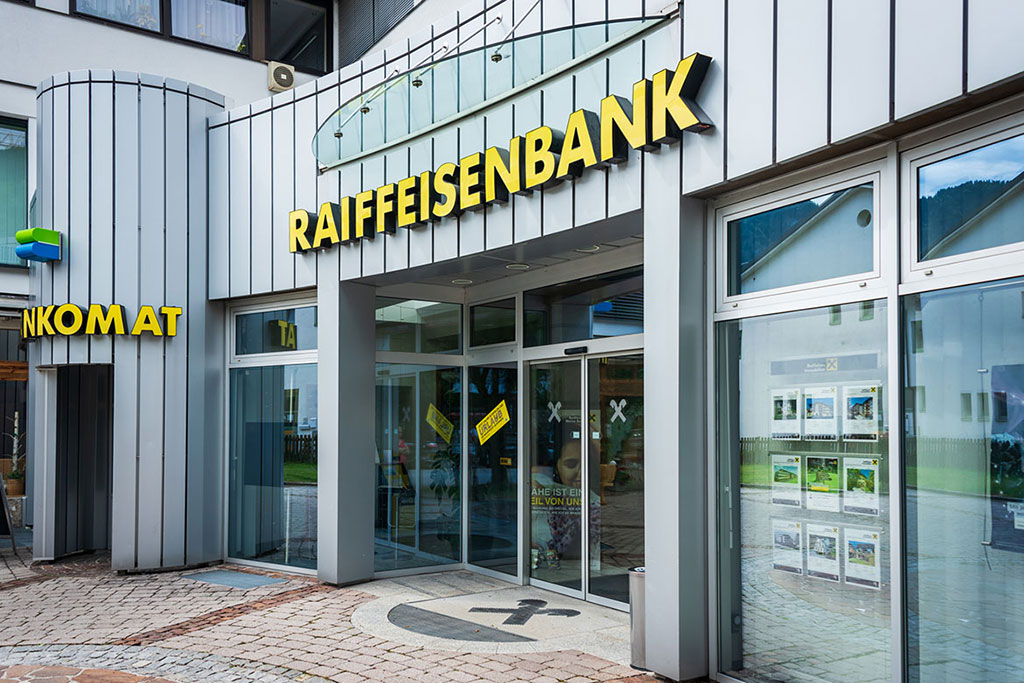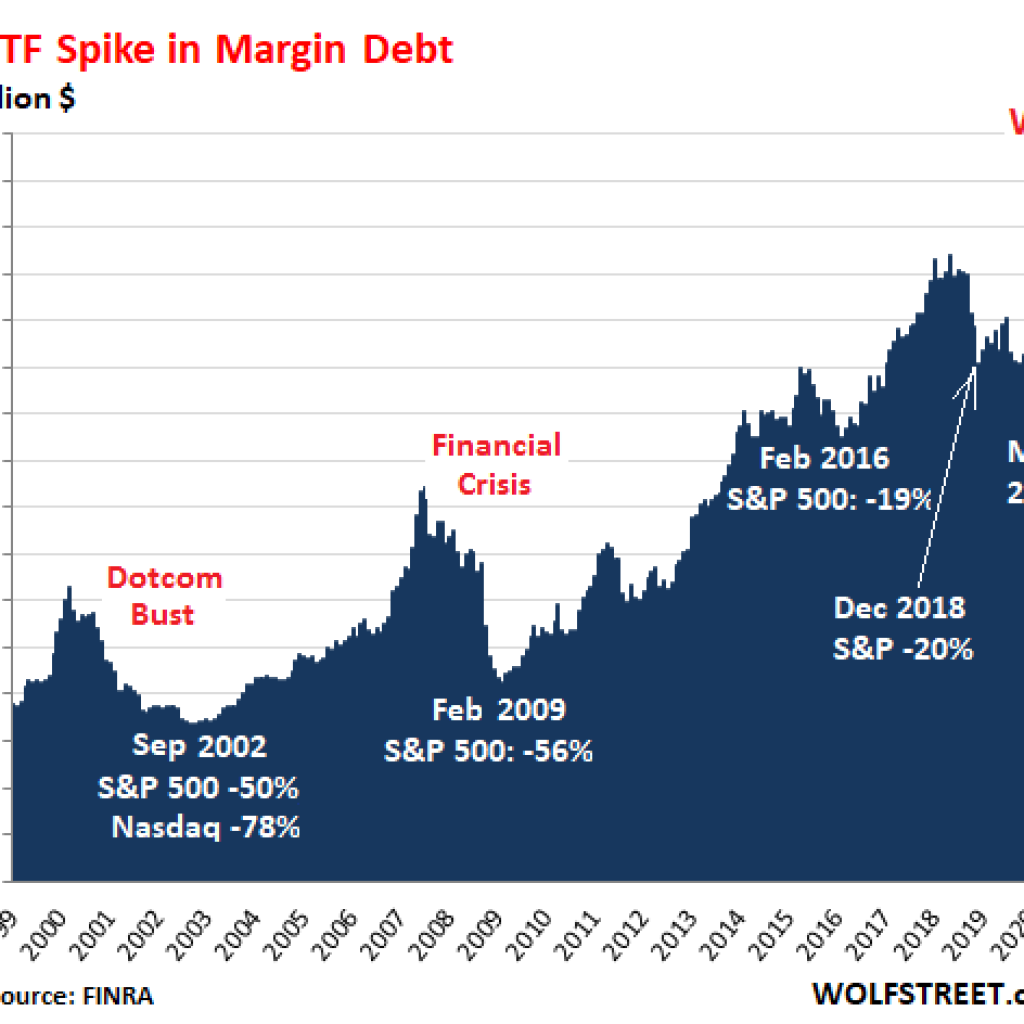Coinspeaker
Europe’s Largest Traditional Banks Venturing into Crypto Thanks to MiCA
A few major banks in Europe are now making efforts to enter the crypto sector following the adoption of the Markets in Crypto-Assets (MiCA) regulations. In a recent interview, Lukas Enzersdorfer-Konrad, the deputy CEO of crypto exchange and trading app Bitpanda said the attraction stems from the law’s clarity.
“European banks are moving into crypto as an asset class and tokenization technology, because MiCA, the upcoming regulatory framework for Europe is suddenly bringing full clarity for banks,” said he.
Europe’s MiCA Is Spurring Traditional Institutional Interest in Crypto
Following the approval of MiCA, these banks are now more willing to create crypto services. Since they do not have the technical knowledge and infrastructure, they are now looking to partner with organizations that have the knowledge required.
For instance, Bitpanda partnered with Austria’s largest community banking group, Raiffeisen, for its retail customers to enjoy cryptocurrency services. Last year, the two entities announced their plan to help users create a robust financial future via several offerings, including commodities, stocks, commodities, exchange-traded funds (ETFs), and precious metals.
Similarly, Germany’s largest federal bank, Landesbank Baden-Württemberg (LBBW), announced crypto custody plans last week. In partnership with Bitpanda, LBBW will offer crypto custody services to institutional clients from the second half of the year. Speaking to Bloomberg, LBBW Managing Director of Corporate Banking Jürgen Harengel said the bank is responding to increasing demand from its corporate customers.
Bitpanda’s Enzersdorfer-Konrad says banks now see realizing the need to find a crypto partner:
“Suddenly [banks] are realizing that they do not have the technical expertise, the knowledge internally because they didn’t have time and investment to build it up, but suddenly they want something to go to market with… Across all Europe, all sizes of banks, from tier one to tier three, are clearly looking for [crypto service] providers and use cases about how to start.”
More ETFs
The attraction European institutions have for crypto services may also stem from spot Bitcoin ETFs approved in the US. After the SEC’s approval in January, the market has welcomed several billions and has prompted efforts for the same product in other jurisdictions. Last week, Hong Kong’s Securities and Futures Commission (SFC) approved the spot BTC ETFs. The country also approved Ethereum (ETH) spot ETFs, now ahead of the US in this regard. The two companies that received SFC approval are the Hong Kong arm of China Asset Management, and Harvest Global Investments.
In addition to the above, the SFC also granted conditional approval for two crypto ETFs managed by the duo of Hashkey Capital and Bosera Asset Management, the Hong Kong unit of a major asset manager in China. Both entities will collaborate to launch the Bosera HashKey Bitcoin ETF and the Bosera Hashkey Ether ETF, both spot exchange-traded products. The ETFs should allow investors to buy ETF shares directly, using BTC and ETH.
Europe’s Largest Traditional Banks Venturing into Crypto Thanks to MiCA





